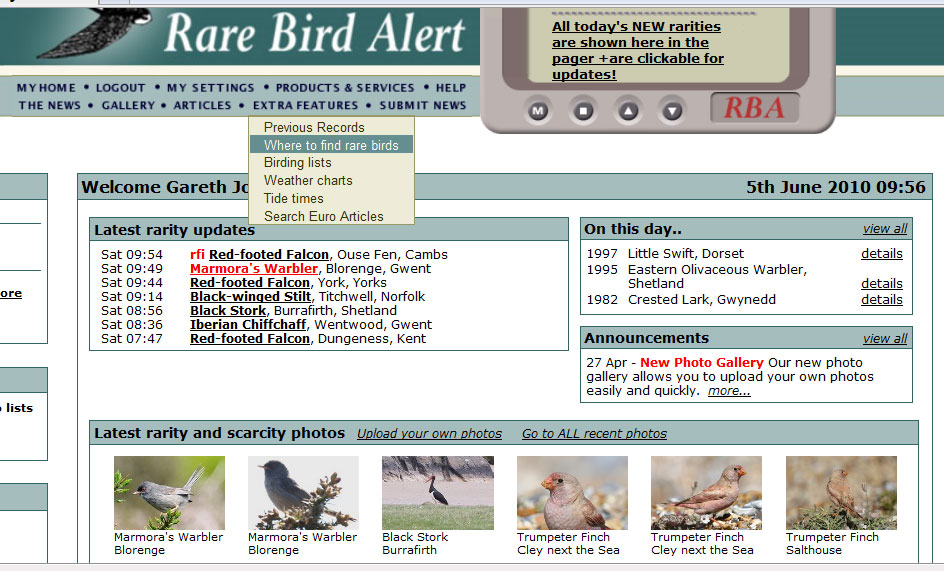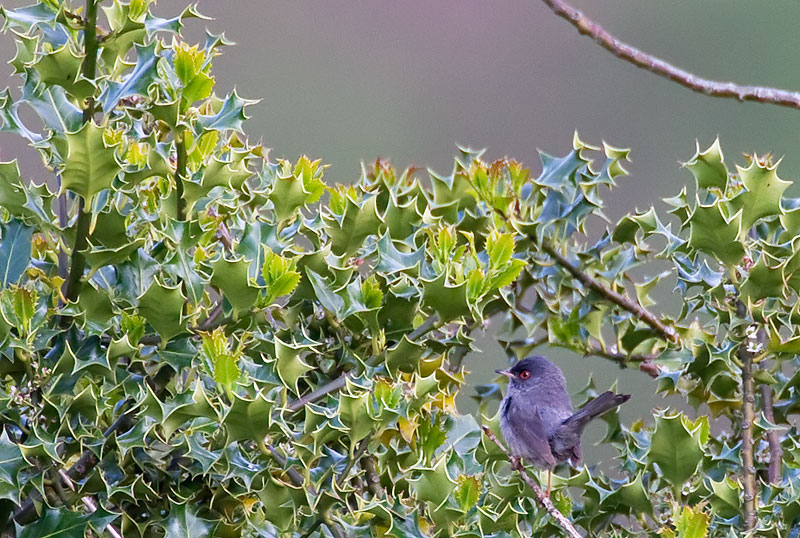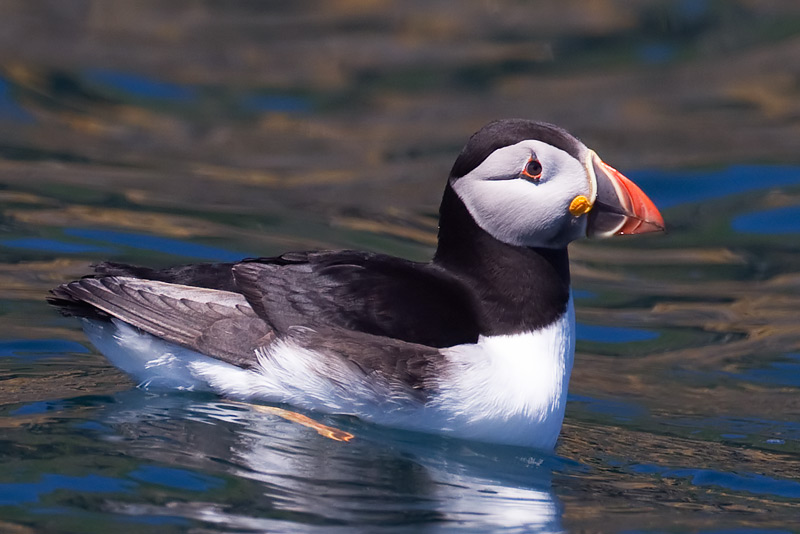A couple of garden hawk moths from the night of 29th - privet and poplar.
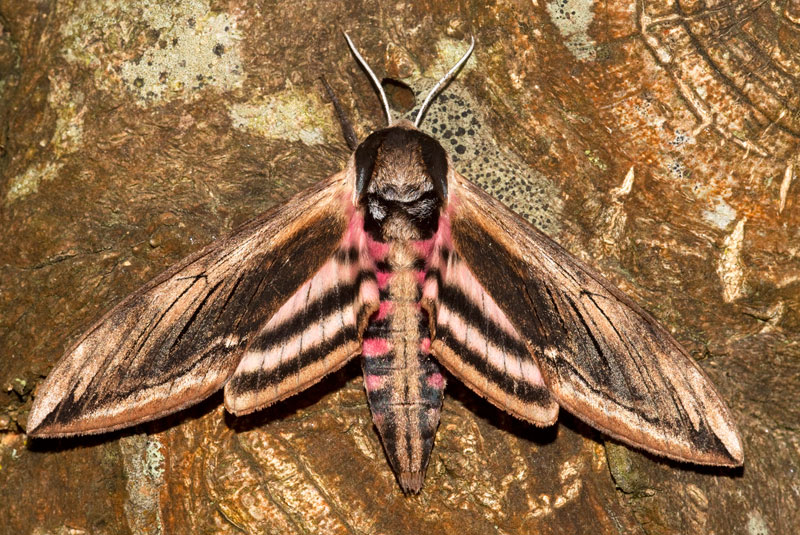
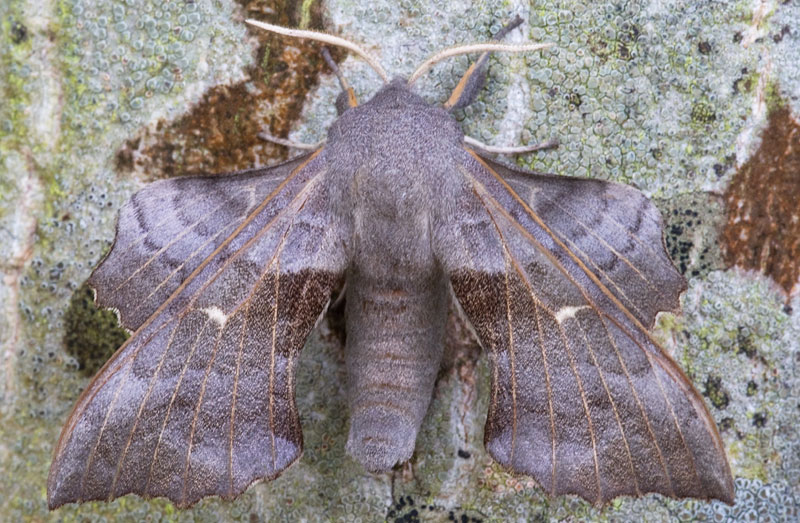
I went to Ham Wall on the Somerset Levels on the morning of 27th. I had a brief flight view of the returning male little bittern. I also saw 4 bitterns in flight, and heard a cuckoo and a reeling Savi's warbler around Loxton Marsh (identified from a recording made by James Packer). Brown hawker and banded agrion seen from the footbridge.
Some butterflies from 'Butterfly Effect' in Congresbury. Two Heliconius butterflies with subtly different patterns, and then a mating pair. Our understanding of the developmental genetics of wing patterning, and its role in the evolution of mimicry, has resulted from some fascinating research. Models and mimics evolved identical genetic mechanisms that result in similar wing patterns. A nice introductory review can be read here. The coevolution of Heliconius butterflies and passion flowers (also featured at the Butterfly Effect) is also remarkable, with many passion flowers evolving features to mimic butterfly eggs to deter the butterflies from laying eggs.
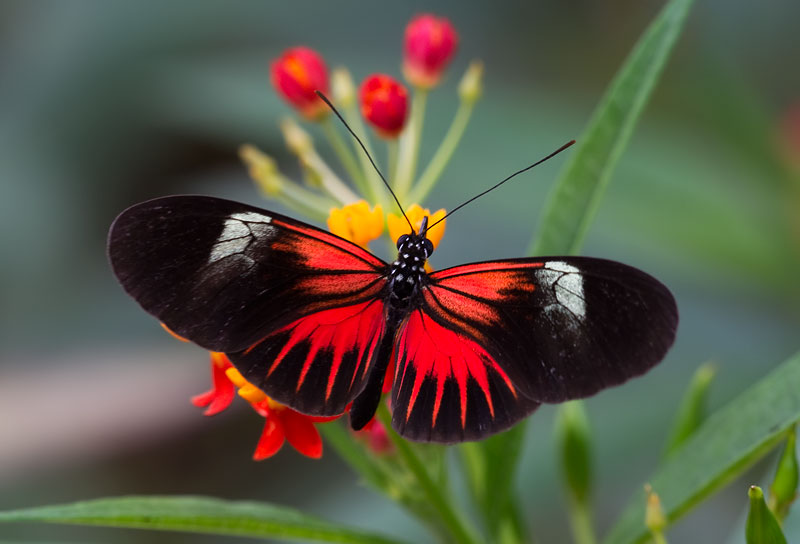
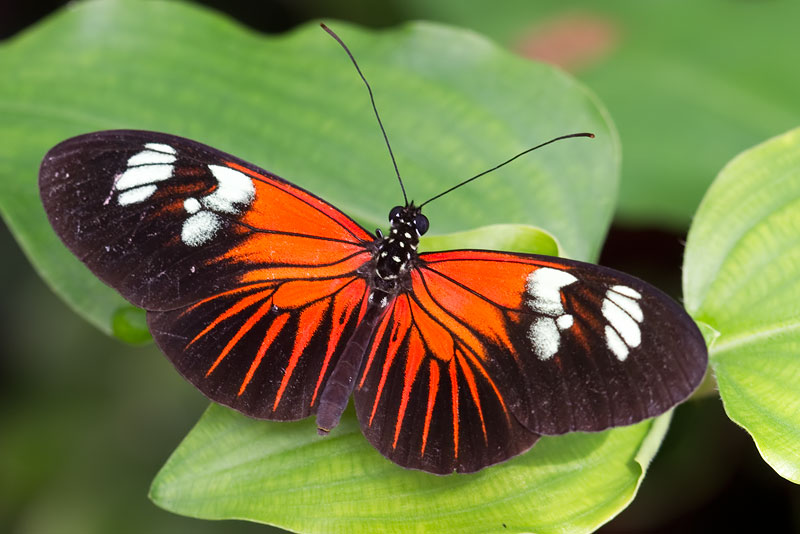
![]()
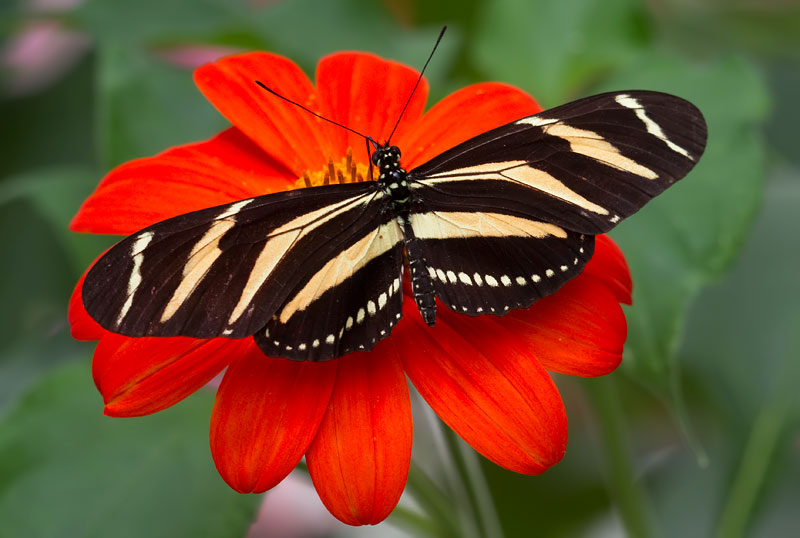
Our annual trip in Pembrokeshire between 9-16 June. Click on the puffin below for photos. I've now tested the 1D3 and 1D4 in similar conditions. I had few concerns with the supposed 1D3 autofocus problem - mine always behaved well, though could not focus on auks flying over the sea with any reliability. It seems the 1D4 behaved identically (or perhaps even worse), and I suspect that no camera could deal easily with these fast-flying birds in low-contrast situation. The 1D3 delivered smooth images with nice colour. Although the resolution on the 16MP 1D4 is no doubt better, the noise is also more noticeable. It is just about tolerable, and can be dealt with easily in Neat Image. So, although I was a great fan of the 1D3, I'm happy with the 1D4 though don't think the upgrade is that great given the price differential.
Garden swift moths - left to right - male ghost, female ghost and male common.
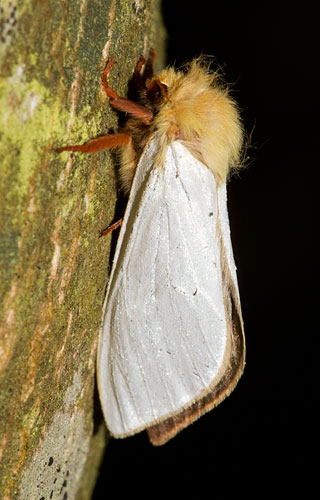
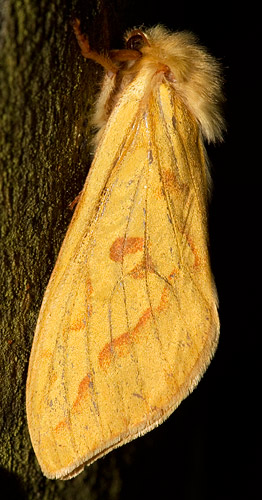
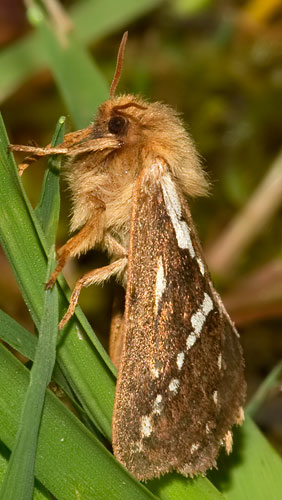
Herald moth- one that survived the winter by hibernating?
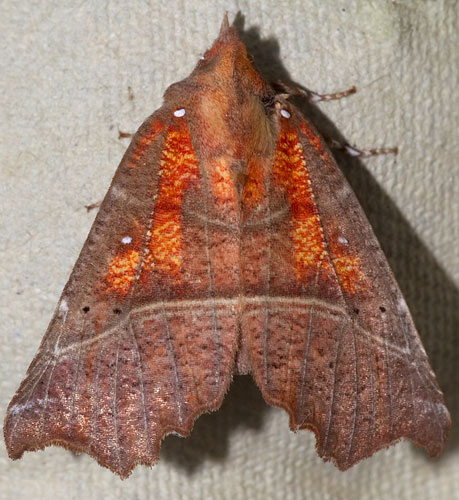
More Mendip insects from 6th.
Four-spotted chaser, female.
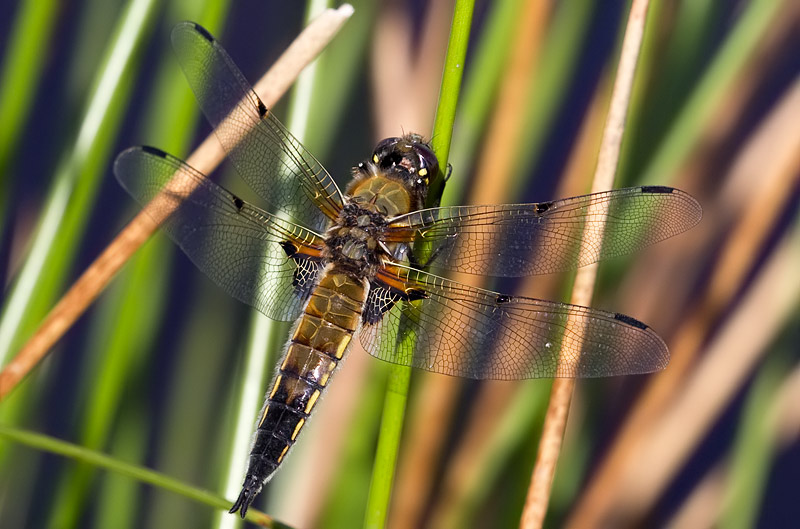
At least 5 downy emeralds at at Priddy pools.
Forester moth sp. (Cistus?).
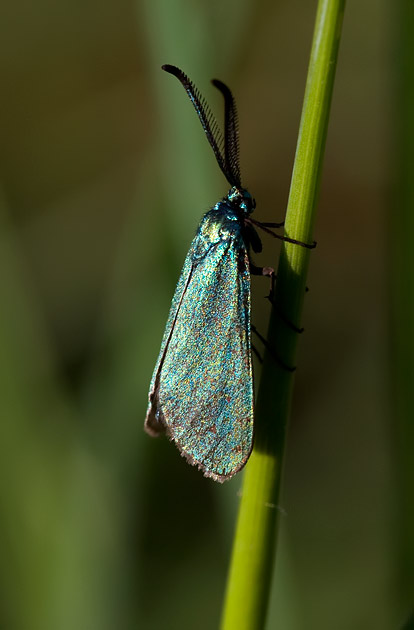
Small pearl-bordered fritillaries.
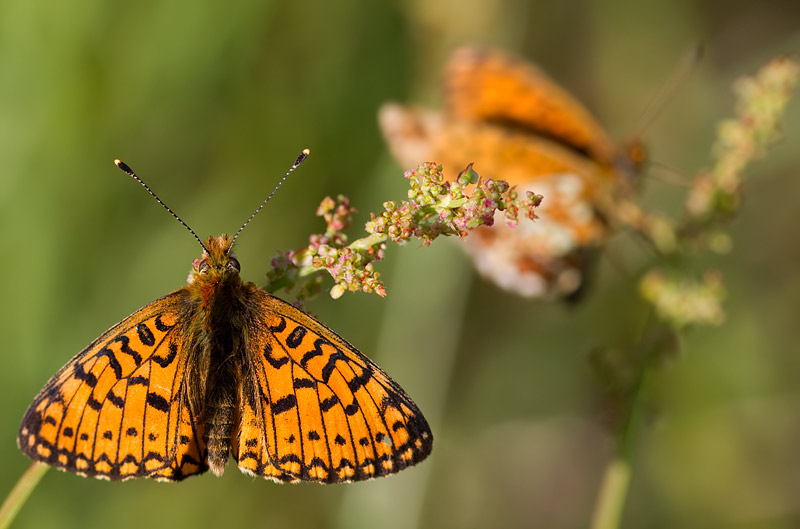
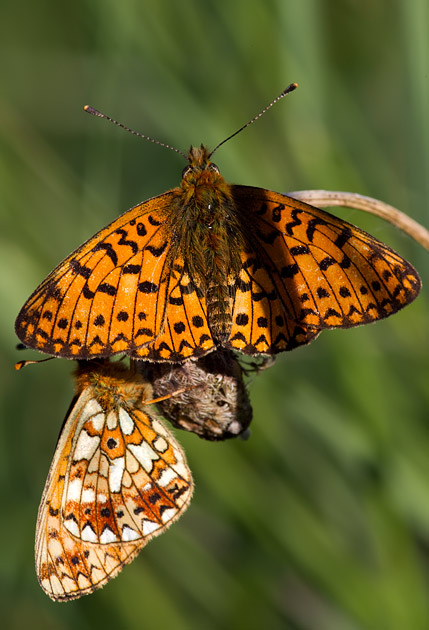
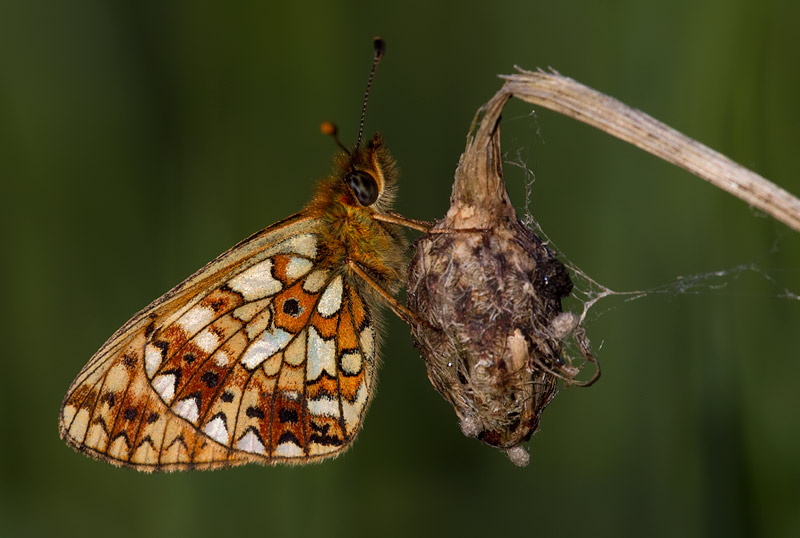
and a marsh fritillary - soon to become extinct on the Mendips I fear?
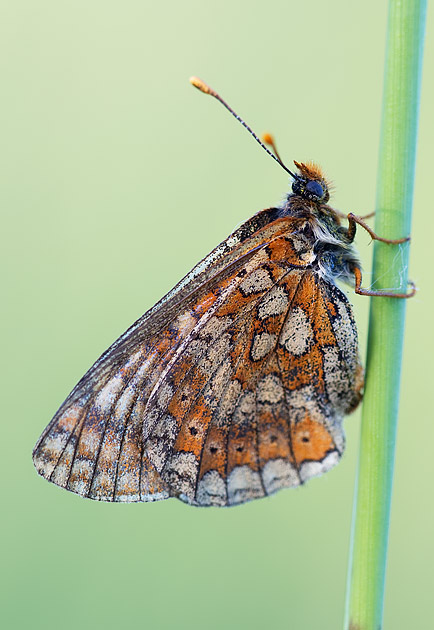
These tree bumblebbes nested in one of our Schwegler tit boxes in early June. The species was first seen in Britain in 2001, and has been expanding its range rapidly since.
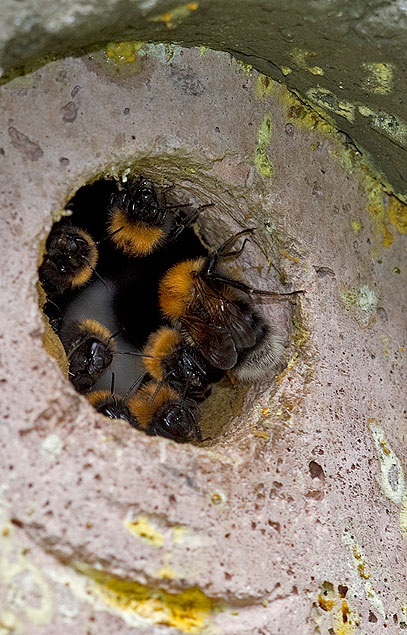
Small pearl-bordered fritillary and male large skipper (below) at GB Gruffy Nature Reserve on 6th June.
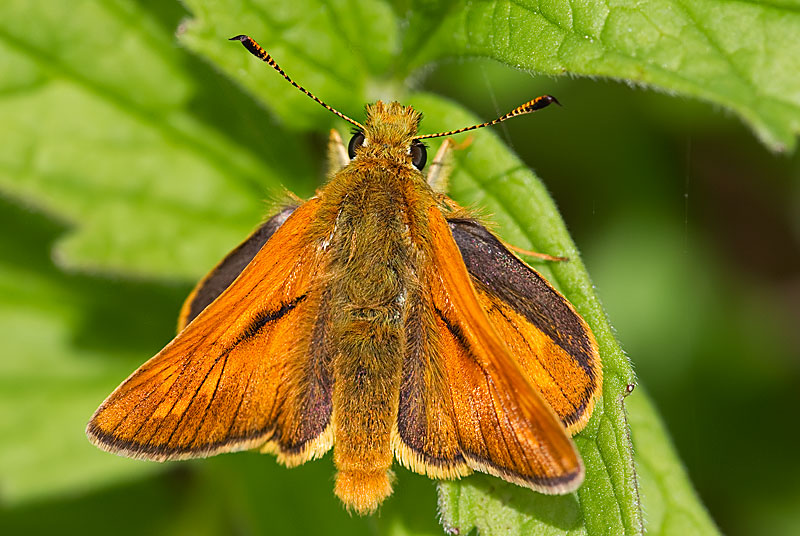
In the first week of June, garden moths included this light emerald.
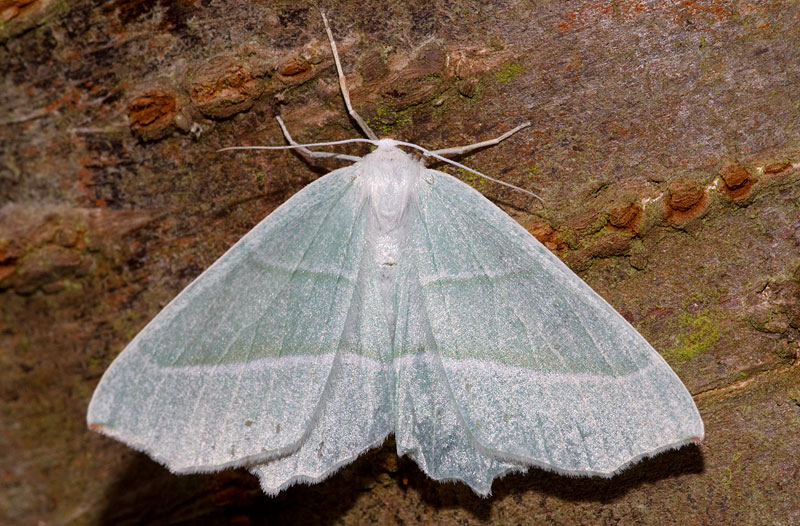
A trip to Buckland Wood near Wellington resulted in no marsh fritillary sightings, but a splendid male Duke of Burgundy. You can tell it's a male because it has only four visible legs (the front pair are greatly reduced). The butterfly has prominent white panels on the upper hind wings which appear unusual for this species.
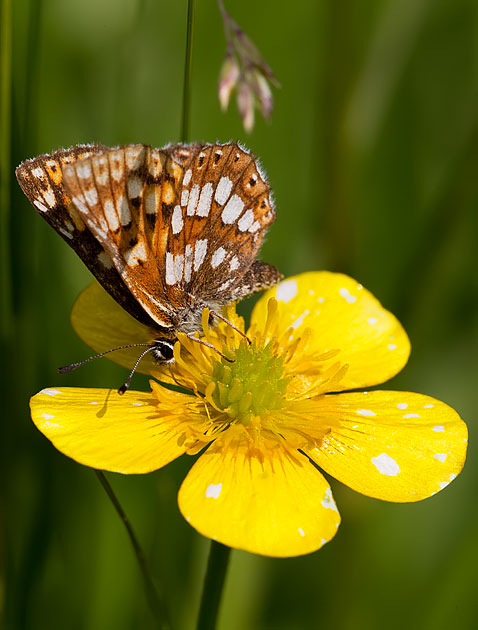
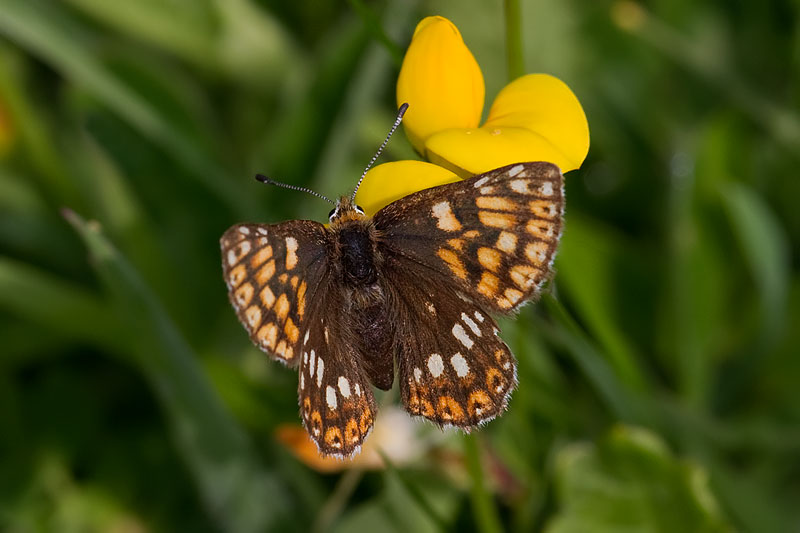
I also photographed this grizzled skipper.
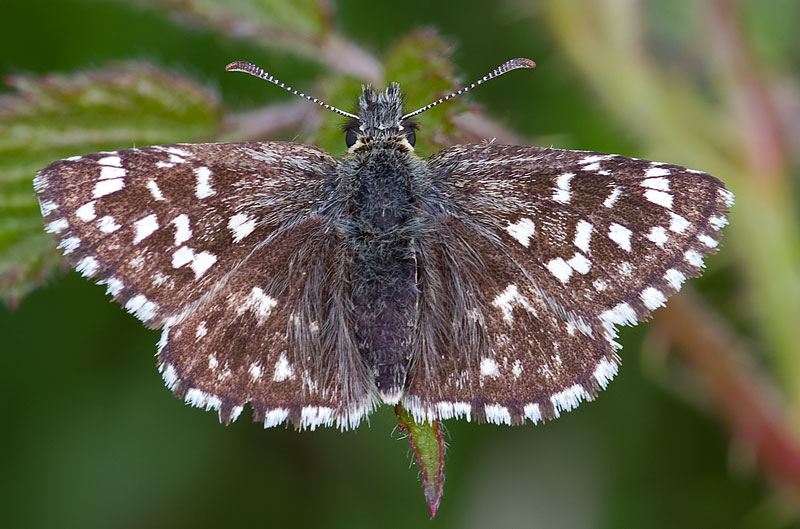
At a site in the Mendips I eventually saw a few marsh fritillaries, though only a maximum of 2 was seen at one time. They were very difficult to approach in the very hot weather.
I grew up in Gwent, and know sites like Wentwood and the Blorenge quite well. The headline species currently on the Rare Bird Alert web site would never have occurred in my youth! I had to go and see Britain's sixth MAMORA'S WARBLER on the southern slopes of the Blorenge, near Blaenavon. The bird only showed for about 10 mins in the two hours I was there, and I didn't get the stunning views that others have been treated to. A record shot below the RBA front page captured for posterity below. There were also a couple of whinchats present.
